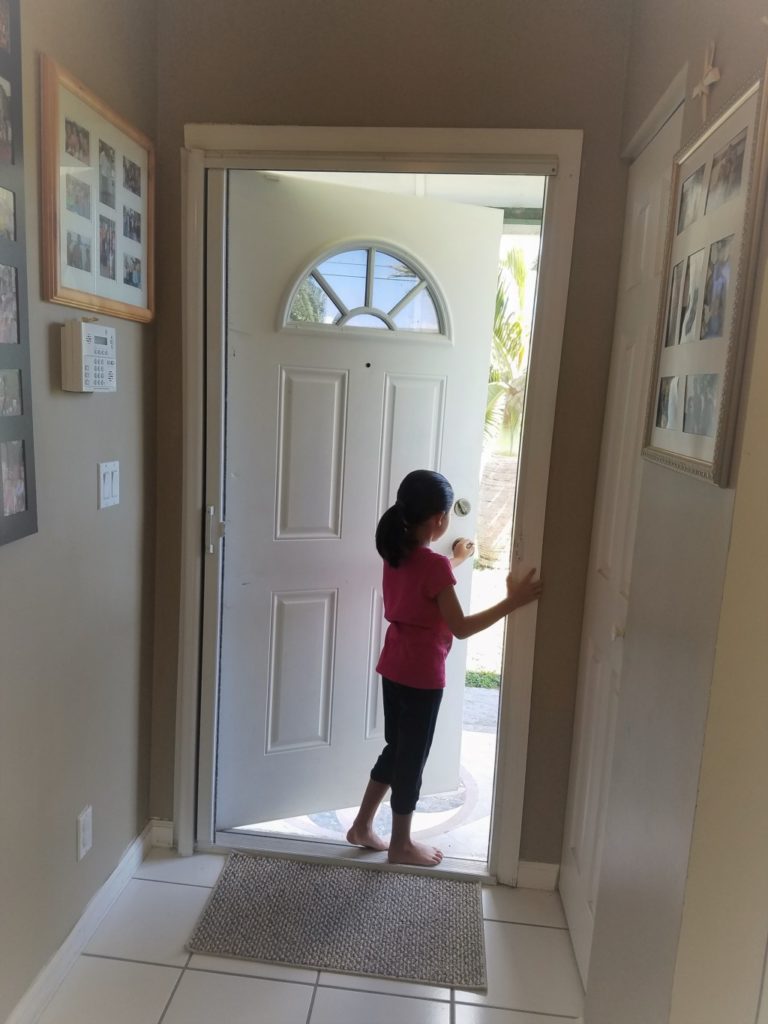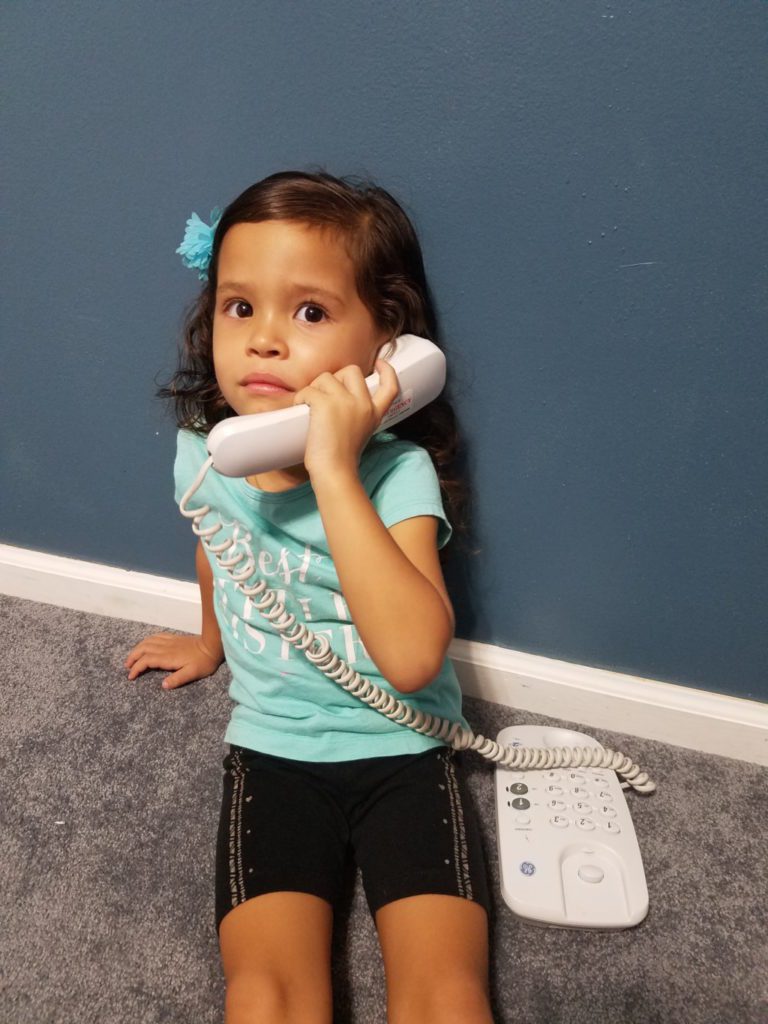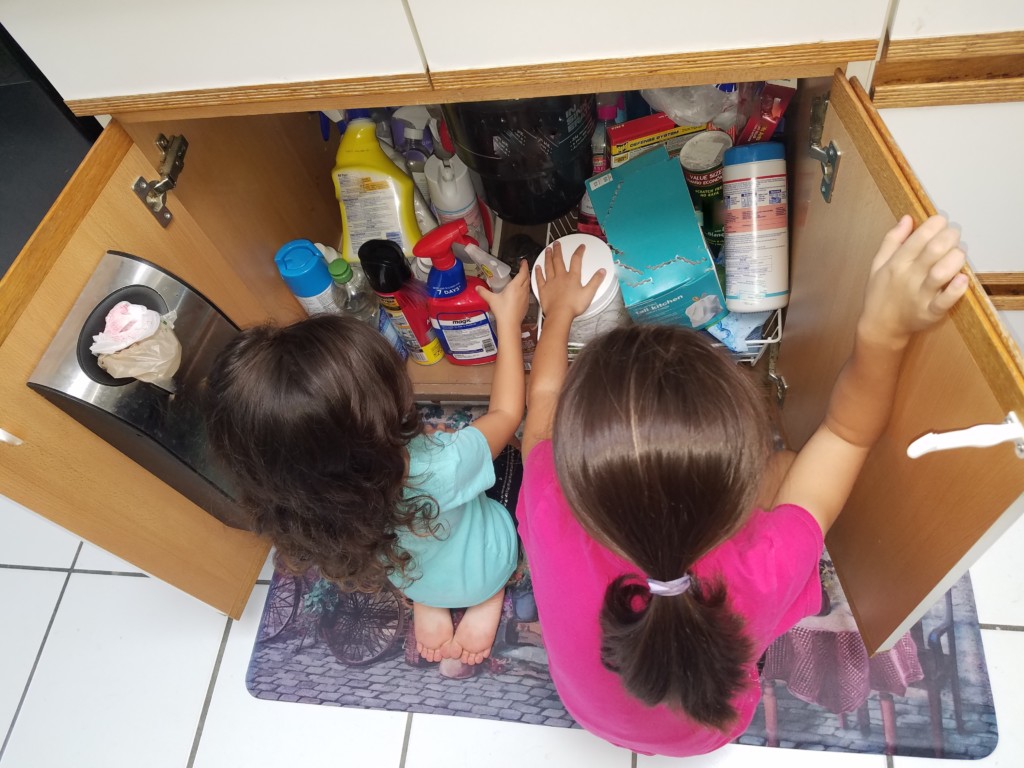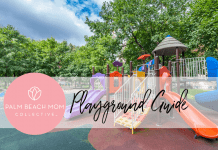“Put your dirty clothes in the hamper.” “Place your dinner plate in the sink.” “Wash your hands after playing outside.” “Pick your toys up off the floor and put them away.”
There are many lessons that we, as parents, are tasked with teaching our children. Most of these lessons help them grow and mature, turn them into responsible kids, and hopefully enable them to one day become productive adults in society (no pressure, right?!). Parents usually want to teach these lessons, because in general, it will help them out too. If your children know how to clean up after themselves, that’s one less thing for mom and dad to worry about doing in an already busy day.
Life Lessons
But what about the life lessons that we are required to teach our children much sooner than we’d hope? These are literally life or death lessons, with possibly dangerous consequences if not learned early enough. And, unfortunately, these are the lessons that parents don’t necessarily want to (and maybe some don’t even know that they should) teach their babies. I’m talking about lessons that weren’t really even thought about decades ago. We live in 2018, and for me to effectively protect my daughters, they must know how to stay safe in an ever changing, and not so forgiving world. It’s not just the stranger danger rule anymore- it goes way beyond that now.
Too Much Too Soon
As a mom, I personally think we have to teach too much too soon. But at the same time I obviously want nothing more than to keep my sweet girls secure, so of course I teach the lessons. The easy ones, like don’t use scissors without asking first, or that kitchen knives are only for grownups. And also, the harder ones (that bring follow up questions from my curious 7-year-old), such as what to do if someone tries to grab you and kidnap you. I hate that we have to have that conversation with her and her 4-year-old sister, but in today’s world, it’s a must (and we speak firsthand about this last rule after we personally had a scary incident at a park last year).
Some of the Most Important Lessons
Here are just a few of the important lessons that could change a family’s life in a second, if not taught early enough for a child to know how to respond:
~Don’t answer the door if someone knocks.
~Don’t take medications unless you are told to.
~ Don’t go outside without permission.
~Don’t play with cleaning supplies or chemicals.
~Don’t go swimming without a grownup.
~Don’t wrap anything around your neck.
~Don’t touch another person’s blood.
~Don’t go near or touch weapons of any kind.
~Don’t get in someone’s vehicle that you don’t know.
~Don’t tell someone on the phone that your guardian isn’t present at the moment.
~Don’t let anyone touch your private area (except maybe your parents, or a doctor that has permission).
The list goes on and on. There is a plethora of other lessons that are similar to these and teaching them to our kids so young can be a bit overwhelming. Especially when most of these lessons need to be taught as soon as our children learn to walk. In order for our children to remember all of the ‘rules’, they have to be taught organically, in conversations that make sense to little minds, and are connected or rooted in events that the children will remember. Then, these rules must be consistently reviewed if we truly want our kids to know how to act in certain situations, especially if no adult is in the immediate area.
Being a parent is already stressful enough. Add in the hundreds of life lessons like the ones above and I get anxiety just thinking about it. Keeping our children safe isn’t as easy as it used to be just a few decades ago. My grandma tells stories of how my dad would walk all over town by himself when he was just 3 years old. I shudder to think what would happen to him today!


How Can We Teach Everything We Need To?
To be the best parents we can be, we have to teach these oh-so-important life lessons to our children, and do it in a manner that doesn’t take away their fun-loving spirit, or send our little ones straight into therapy. I try to keep the lessons relevant to the activity we are doing, and follow up as necessary to be sure the rules are ‘sticking’. I find that the car is one of the best places to review things like this since everyone is in one place and there’s not much else to distract their brains. Therefore, if we are on our way to the park, we discuss important lessons pertinent to the park as we drive there, and as we drive home. Life lessons need to be taught as life is lived, particularly for our youngest loves.
Do you have any ideas on how to teach our children these valuable life lessons without it becoming too much too soon? If so, I’d love to hear your thoughts and suggestions. Parents aren’t perfect, and if we can learn from each other, even better! They say it takes a village, so if you see a child doing something unsafe, be sure to step in and help another mama out. Let’s all support each other and keep all of our kids as safe as possible.
















